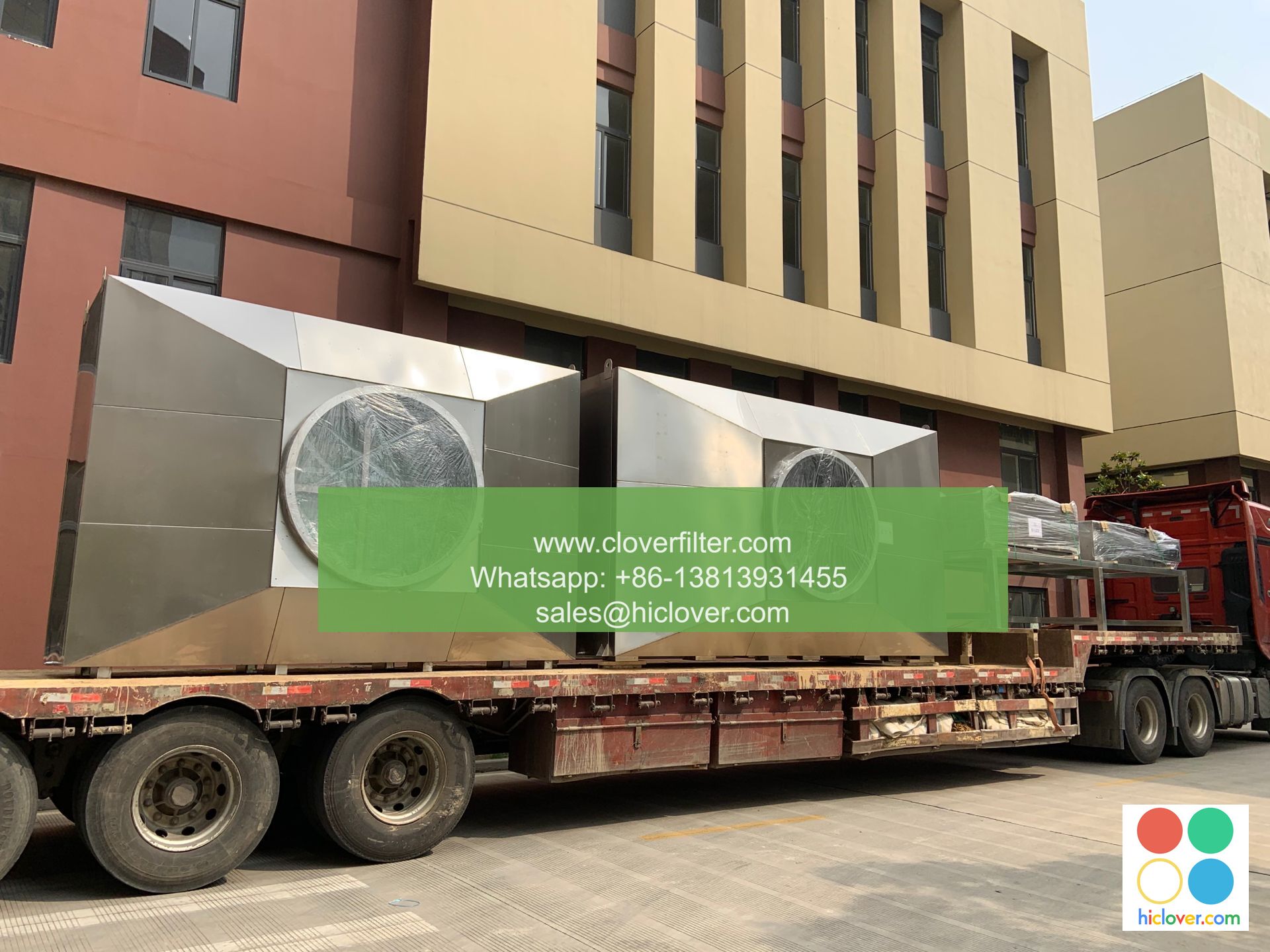Government Initiatives to Improve Air Quality with Air Filters

The government has been taking significant steps to improve air quality in recent years, with a strong focus on reducing pollution and promoting clean air technologies. One of the key strategies being employed is the use of air filters, which can effectively remove pollutants and particulate matter from the air, improving indoor and outdoor air quality. In this article, we will explore the various government initiatives to improve air quality with air filters, highlighting their applications in indoor air purification, outdoor air quality monitoring, and clean energy solutions.
Indoor Air Purification Initiatives
The government has launched several initiatives to improve indoor air quality, with a focus on air filtration systems and ventilation technologies. These initiatives aim to reduce the concentration of pollutants and particulate matter in indoor environments, such as homes, schools, and offices. For example, the Indoor Air Quality (IAQ) Initiative provides funding and resources to support the development and implementation of air purification systems and indoor air quality monitoring technologies. These systems can effectively remove pollutants, such as particulate matter (PM), volatile organic compounds (VOCs), and nitrogen dioxide (NO2), from indoor air, improving the health and wellbeing of occupants.
Outdoor Air Quality Monitoring Initiatives
In addition to indoor air purification, the government has also launched initiatives to improve outdoor air quality monitoring. These initiatives involve the use of air quality sensors and monitoring technologies to track and measure outdoor air pollution levels. For example, the Outdoor Air Quality Monitoring Program provides funding and resources to support the development and deployment of air quality monitoring stations and sensor technologies. These stations and sensors can effectively monitor and track outdoor air pollution levels, providing valuable data and insights to inform policy and decision-making.
Clean Energy Solutions and Air Filters
The government has also been promoting the use of clean energy solutions and air filters to reduce pollution and improve air quality. For example, the Clean Energy Initiative provides funding and resources to support the development and deployment of renewable energy technologies, such as solar and wind power. These technologies can effectively reduce our reliance on fossil fuels and lower greenhouse gas emissions, improving air quality and promoting a sustainable energy future. Additionally, the use of air filters in clean energy systems can help to remove pollutants and particulate matter from the air, improving the efficiency and effectiveness of these systems.
Applications of Air Filters in Various Industries
Air filters have a wide range of applications in various industries, including healthcare, manufacturing, and transportation. In the healthcare industry, air filters are used to remove pollutants and particulate matter from the air, improving indoor air quality and reducing the risk of infections and respiratory diseases. In the manufacturing industry, air filters are used to remove pollutants and particulate matter from the air, improving product quality and reducing the risk of equipment damage and process disruptions. In the transportation industry, air filters are used to remove pollutants and particulate matter from the air, improving indoor air quality and reducing the risk of respiratory diseases and other health problems.
Conclusion
In conclusion, the government has been taking significant steps to improve air quality with air filters, with a focus on indoor air purification, outdoor air quality monitoring, and clean energy solutions. These initiatives have a wide range of applications in various industries, including healthcare, manufacturing, and transportation. By promoting the use of air filters and clean energy technologies, the government can effectively reduce pollution, improve air quality, and promote a sustainable energy future. As the world continues to urbanize and pollution levels continue to rise, the importance of government initiatives to improve air quality with air filters will only continue to grow. Prompt

